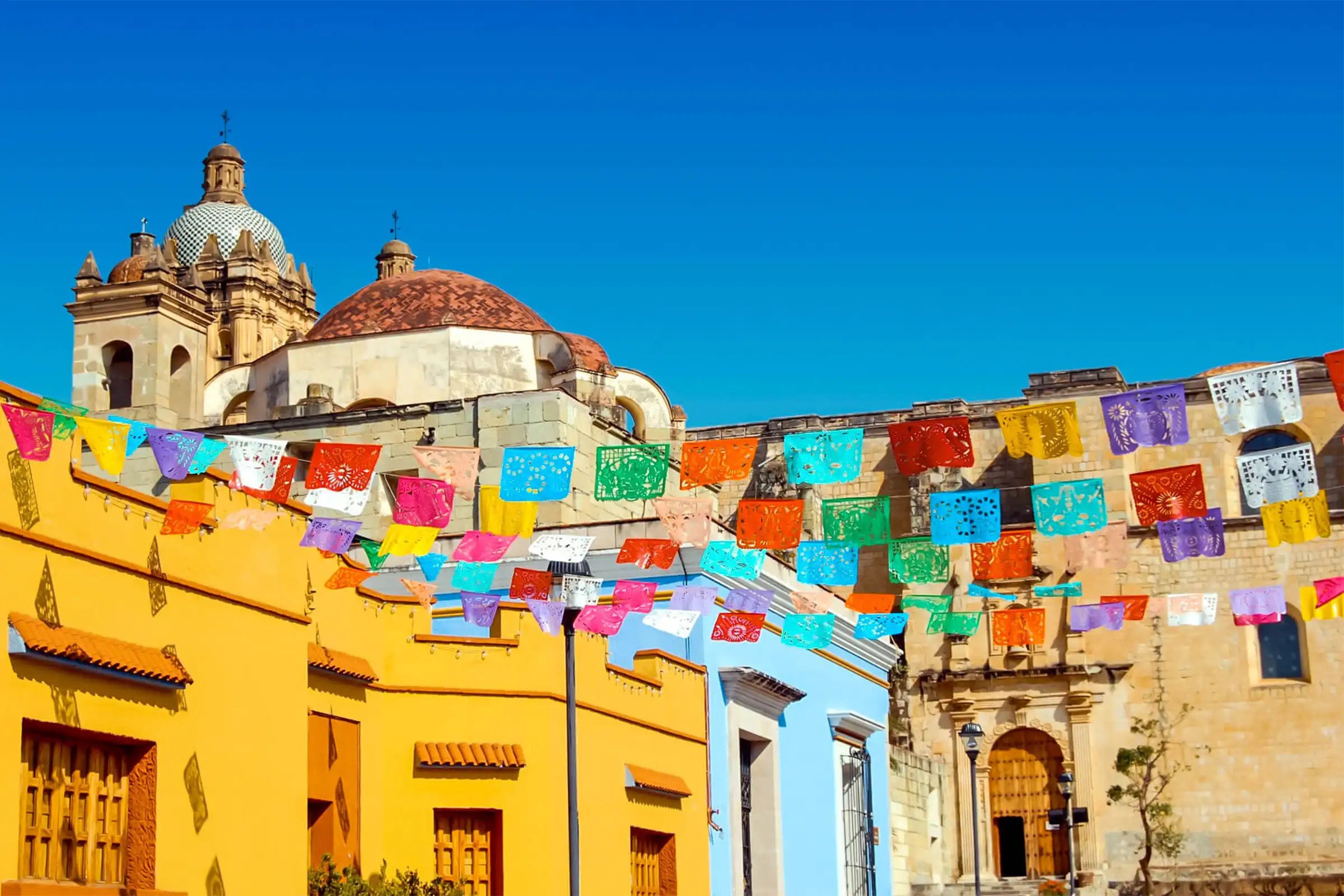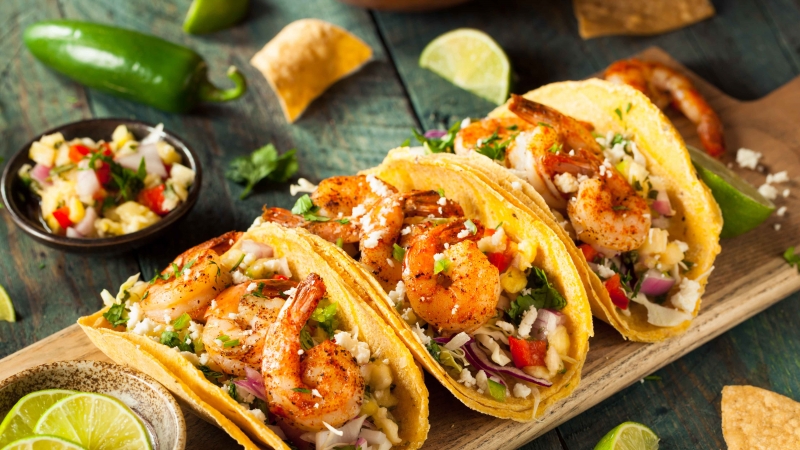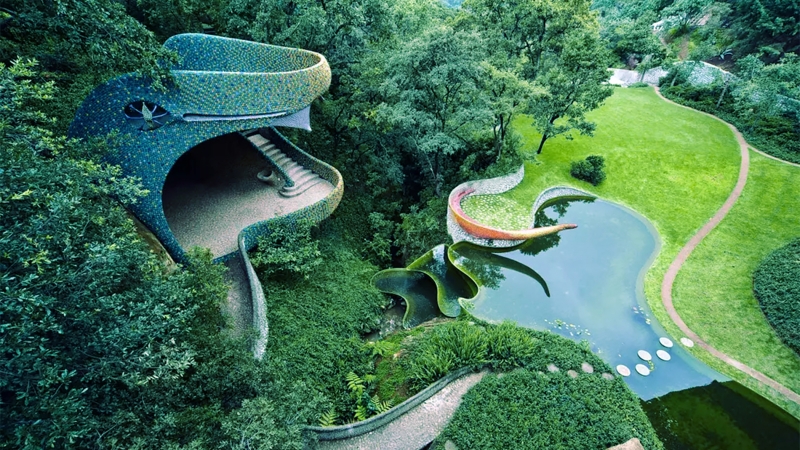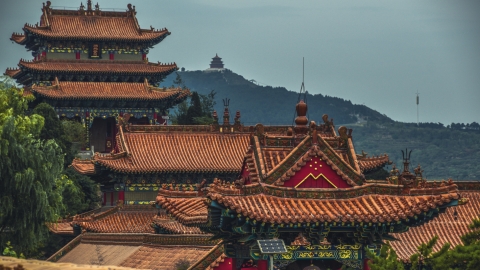Oaxaca is a beautiful city located in southern Mexico, a UNESCO World Heritage site. It boasts both natural and man-made beauty, making it one of Mexico's most popular tourist destinations.
Low-cost accommodation and affordable street food are Oaxaca's strengths, making it an attractive destination for budget-conscious travelers. Furthermore, Oaxaca boasts many free attractions, from vibrant streets to historical and cultural landmarks. All these elements combine to create a city that is not only beautiful but also incredibly friendly.
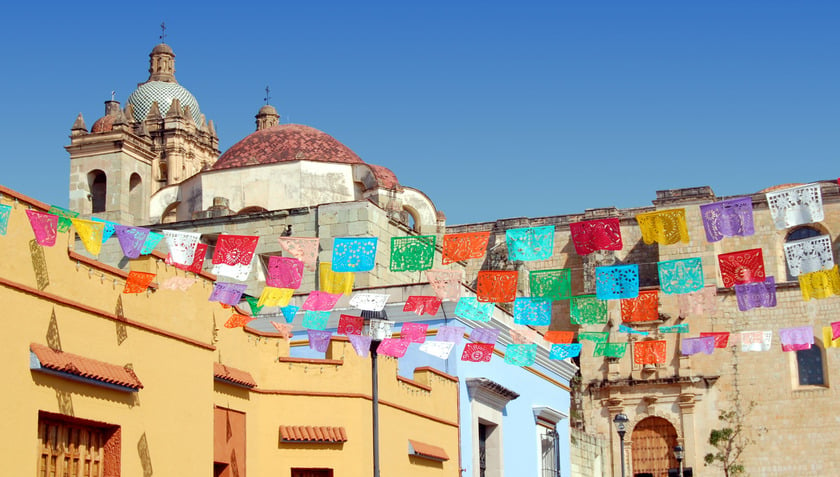
Oaxaca is the capital and largest city of the state of the same name in Mexico.
There are plenty of cultural activities in Oaxaca, many of which won't cost you a single peso. Numerous free museums, galleries, and workshops showcase locally produced art and crafts, such as intricately designed black pottery, hand-woven Zapotec carpets, and surreal mythical animal sculptures.
Oaxaca also attracts budget travelers with its walkable locations, popular street art, stunning Baroque architecture, and public squares brimming with music and dance.
Here are some amazing experiences you can have when visiting Oaxaca:
Discover vibrant urban art on cobblestone streets.
Local artists have transformed the streets of Oaxaca into an open-air gallery, with vibrant murals and satirical paintings adorning the walls of the historic Jalatlaco, Xochimilco, and Centro areas. Each of these areas boasts its own unique artistic flair, creating a colorful and lively overall picture.
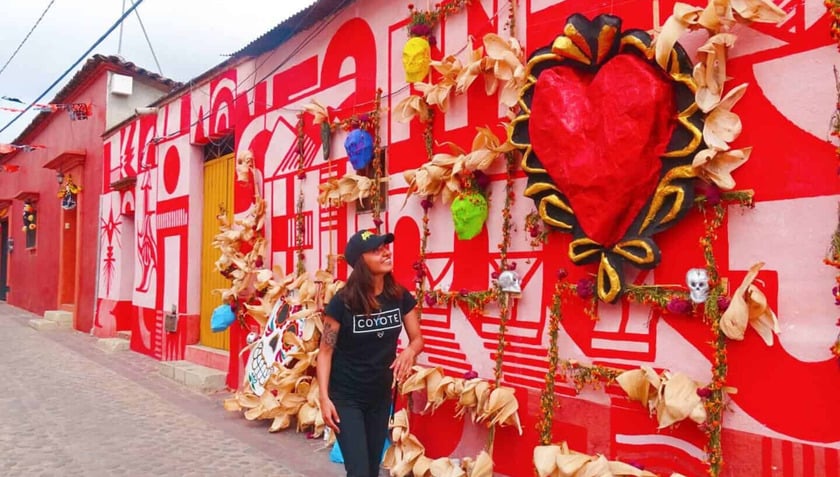
The colorful walls attract tourists.
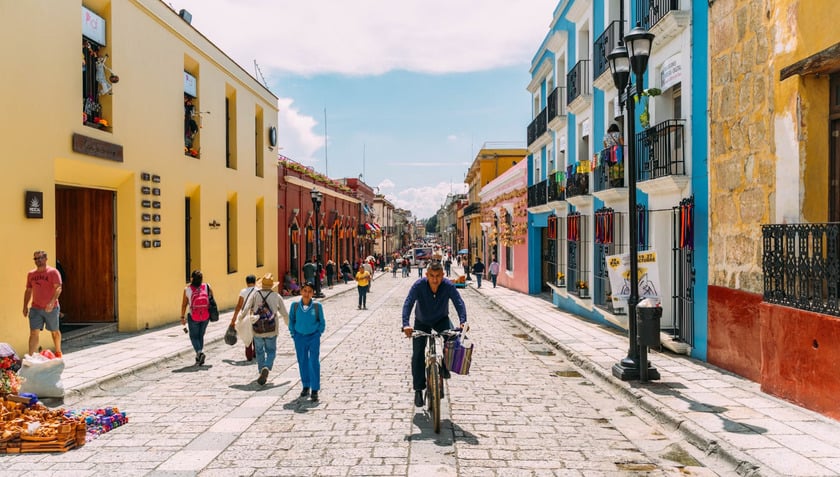
The city's peaceful yet charming scenery.
All three areas are located next to each other on a single road, making it easy to explore them on foot. Best of all, you can enjoy the entire experience without spending a single penny.
Be captivated by the stunning photos at Centro Fotográfico Álvarez Bravo.
Named after the esteemed Mexican photographer Manuel Álvarez Bravo, the former residence of Oaxacan artist Francisco Toledo hosts free exhibitions of quirky yet stunning images captured by contemporary talent from Mexico and abroad.
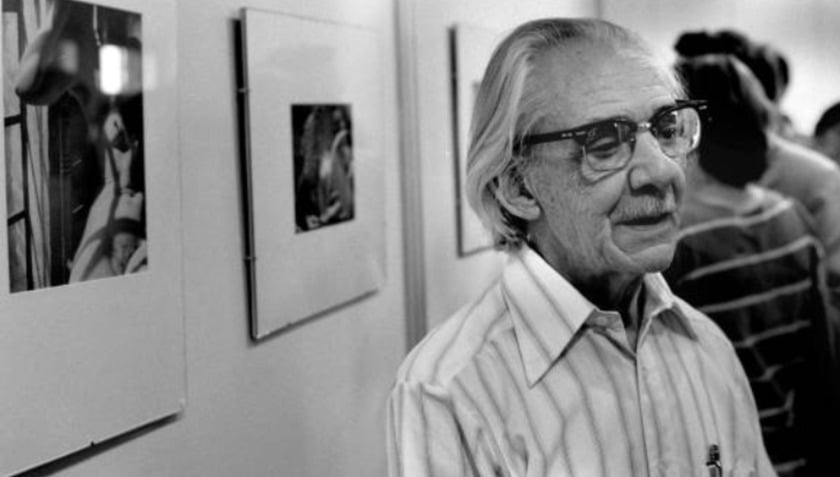
The esteemed and renowned Mexican photographer Manuel Álvarez Bravo
Occasionally, it also displays works from its permanent collection of approximately 100,000 photographs, including images by Álvarez Bravo, Henri Cartier-Bresson, Graciela Iturbide, Mary Ellen Mark, and other influential figures in the field of photography.
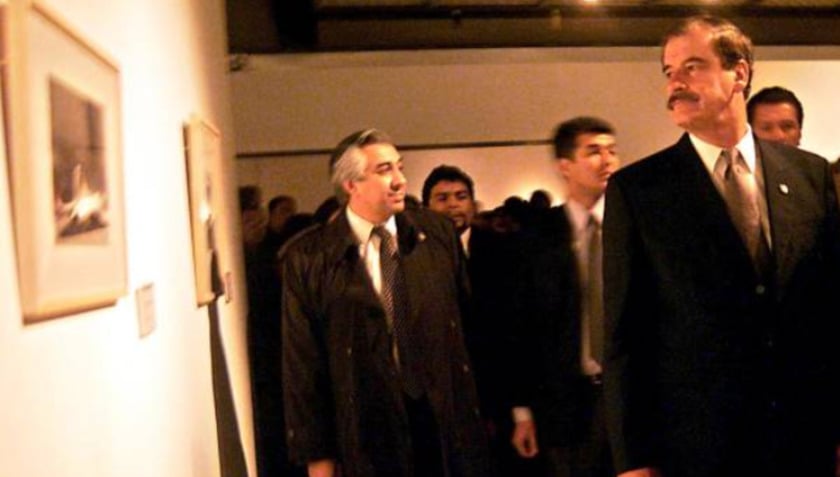
Renowned Mexican photographer Manuel Álvarez Bravo established the Manuel Álvarez Bravo Photography Center in Oaxaca City, Mexico. The Oaxaca Graphic Arts Institute (MAO) is located near the Manuel Álvarez Bravo Fotográfico Center. MAO also hosts free exhibitions, as well as workshops, classes, and other events.
Explore fascinating art galleries and craft shops.
Oaxaca is renowned for producing some of the highest quality folk art in the country, so even if you don't intend to buy anything, you should definitely check out these beautiful items.
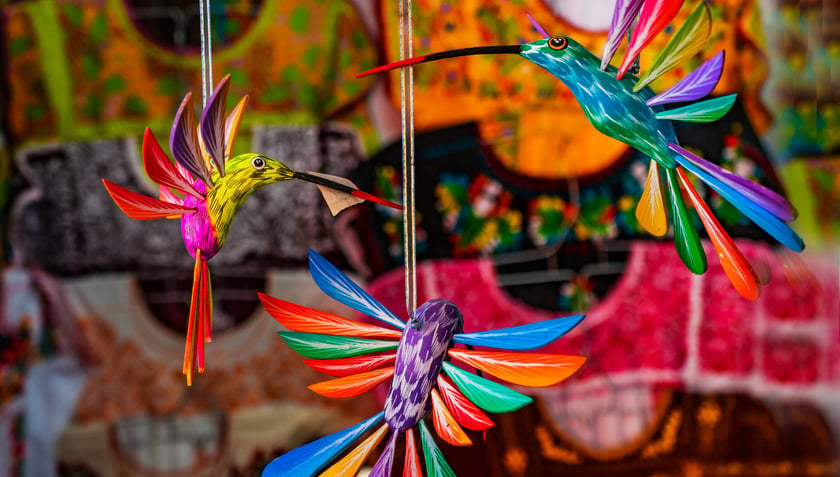
Handicrafts are displayed everywhere.
The shops and galleries, many lining Centro's Calle Alcalá, sell everything from barro negro (glossy black pottery) and alebrijes (brightly painted sculptures of mythical animals) to handcrafted textiles and baskets made from palm leaves.
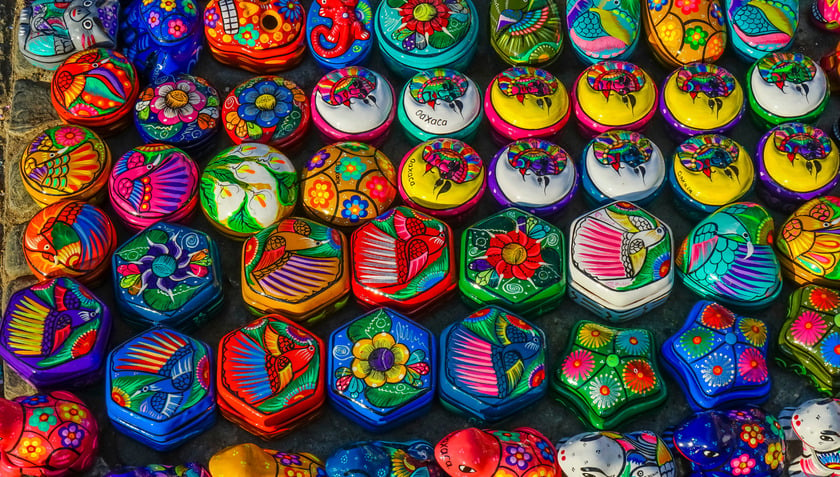
The streets of Oaxaca are given extra color thanks to these items.
The exquisitely crafted wooden copal sculptures of mythical animals displayed at Voces de Copal command quite high prices, while the nearby Mano Mágica gallery features hand-woven Zapotec carpets and artwork by Oaxacan masters such as Toledo, Tamayo, and Morales.
Discover Oaxaca's world-renowned textile traditions at the Museo de Textil.
With over 10,000 textile works from Oaxacan and internationally, including many pieces over 100 years old, the Museo de Textil is a must-visit destination for those who love textile art and culture. The museum is free and displays a wide range of traditional garments along with other handcrafted textile items. Through diverse exhibitions, workshops, and a rich library, visitors can delve deeper into the techniques and history of textiles. It truly is a treasure trove of knowledge and art, offering visitors a unique and inspiring experience without any cost.
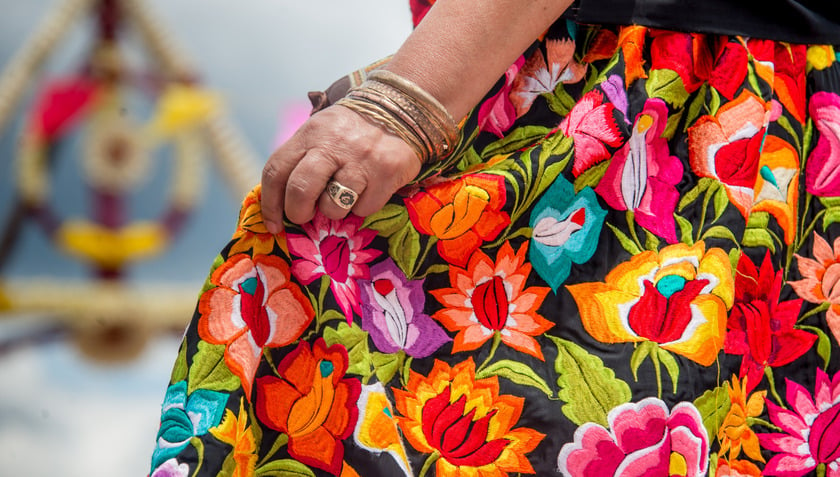
The people's clothing reflects the city's unique style.
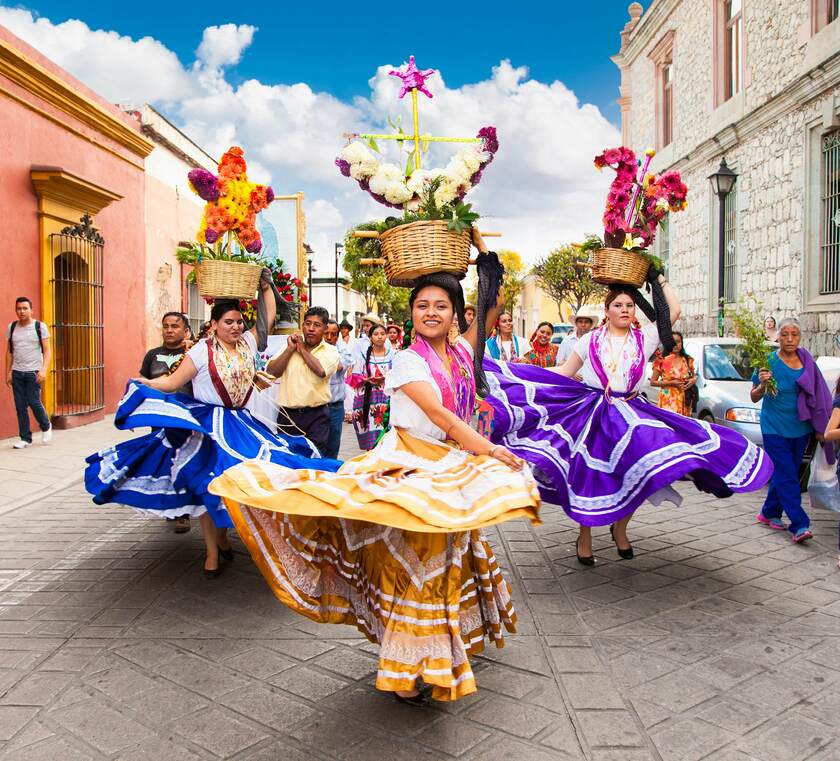
To delve deeper into the colorful world of Oaxaca textiles, a craft that has flourished in the region since 500 BC, visit the renowned weaving town of Teotitlán del Valle, where workshops run by the Zapotec family create vibrant tapestries and carpets on old-fashioned pedal looms.
Enjoy Zócalo's live entertainment program.
For hours of free entertainment, head to the tree-lined Zócalo and enjoy performances by street artists and marimba musicians playing for crowds in the city's iconic main square.
This area, along with the adjacent Alameda de León square, is a popular destination for visitors to enjoy the vibrant atmosphere of Oaxaca. It also features the striking 16th-century Metropolitan Cathedral and the State Government Palace with its unique murals, creating a rich historical and artistic landscape.
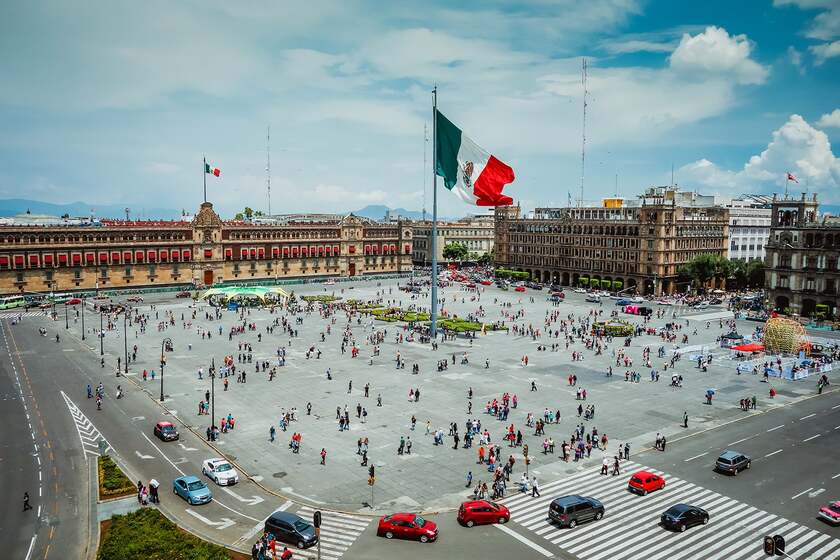
The vast square is breathtaking.
These squares truly come alive when brass bands perform or when couples dance to the elegant rhythm of the danzón. These are wonderful moments to experience the vibrant culture and rhythm of life in Oaxaca.
Admire the magnificent architecture.
With its enormous 1,200 historical monuments, Centro rightfully earned its UNESCO World Heritage status. Among the notable attractions are several iconic Baroque buildings: the 16th-century Templo de Santo Domingo, the adjacent former Dominican monastery (now home to the Oaxaca Cultural Museum), and the Basílica de Nuestra Señora de la Soledad – known for its glittering, ornate, and gilded interiors and cantera facades dating back to 1690.
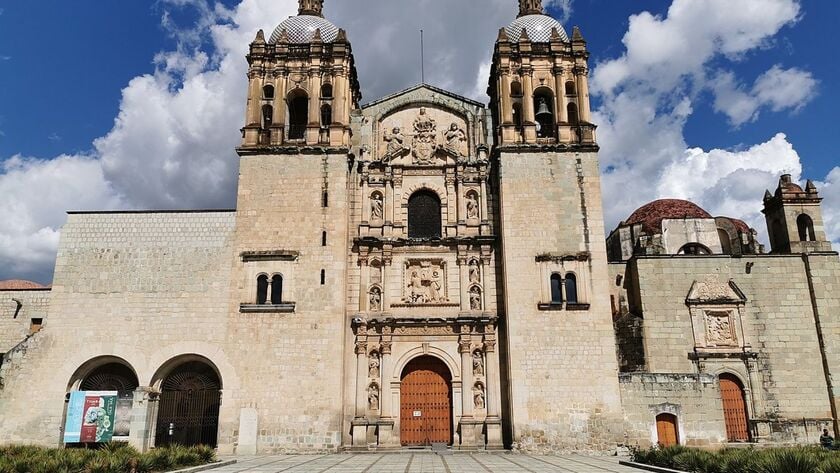
Templo de Santo Domingo is known as the representative architecture of Mexico.
Another iconic landmark is the Xochimilco Aqueduct, built in the 1700s to bring clean drinking water to the city center. Although it ceased operation in 1940, some of the arches along Calle Rufino Tamayo are still used as entrances to houses.
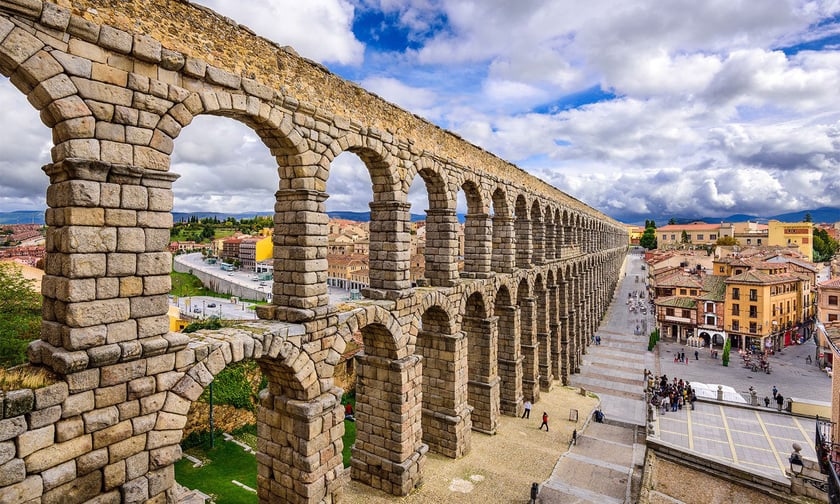
A unique three-tiered aqueduct built by the ancient Romans in Mexico.
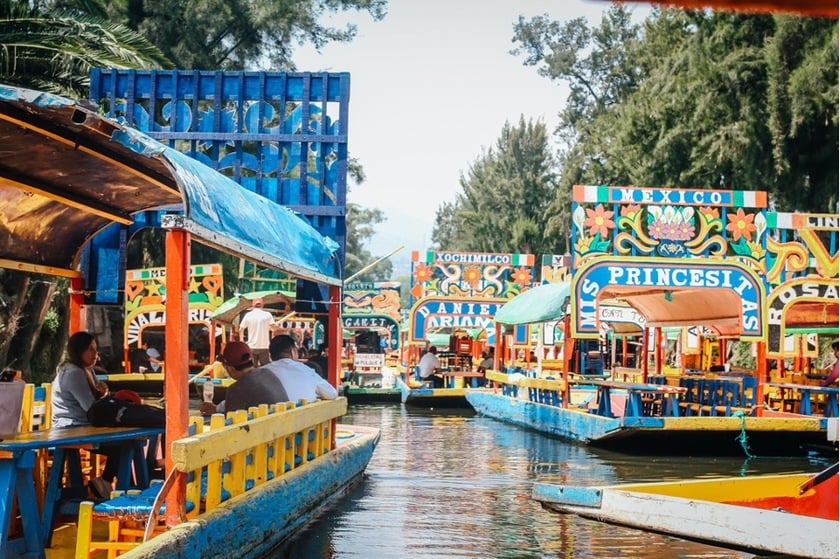
Floating along Mexico's "Venice" canal.
Wander through markets brimming with local flavors.
A trip to Oaxaca wouldn't be complete without visiting its vibrant old markets, where you'll find not only some of the most affordable food in town but also a fascinating mix of unique Oaxaca cuisine.
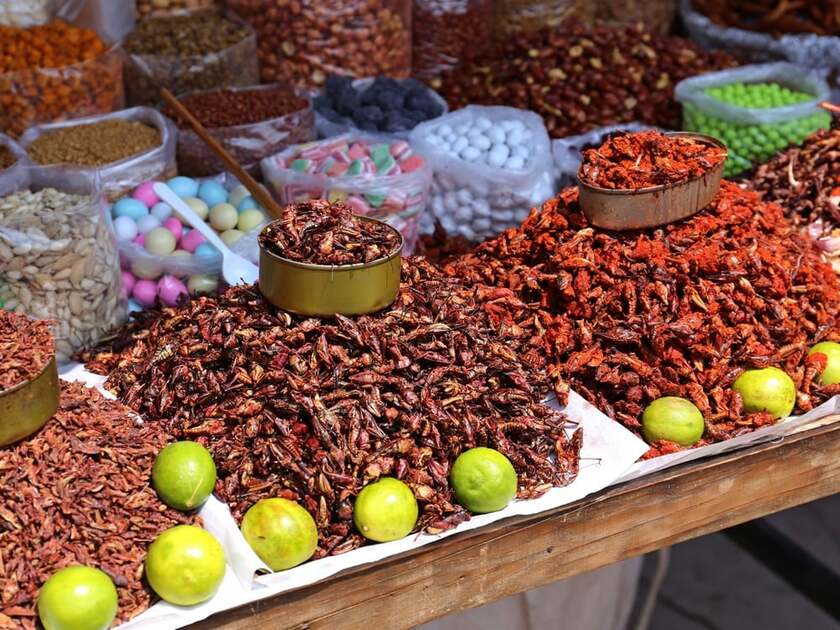
The vibrant colors in this city's markets
Along the walkways of shopping centers like 20 de Noviembre and Mercado de la Merced, you'll come across the filming location of "Day of the Dead," or local specialties such as huipiles (embroidered long dresses), crispy chapulines (grilled grasshoppers for snacking), and a host of other intriguing local dishes.

 VI
VI EN
EN



